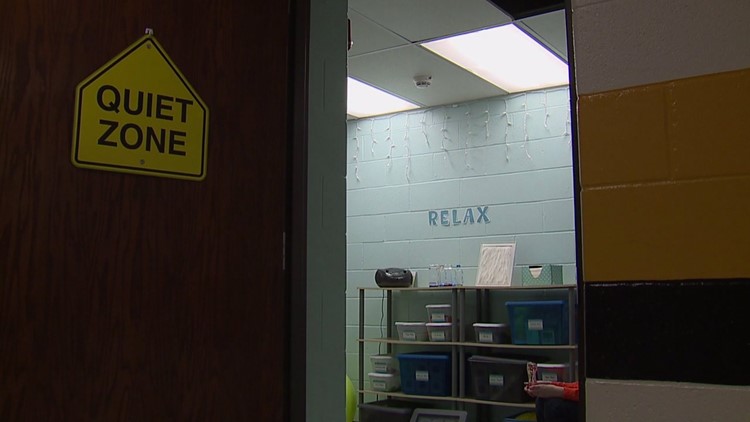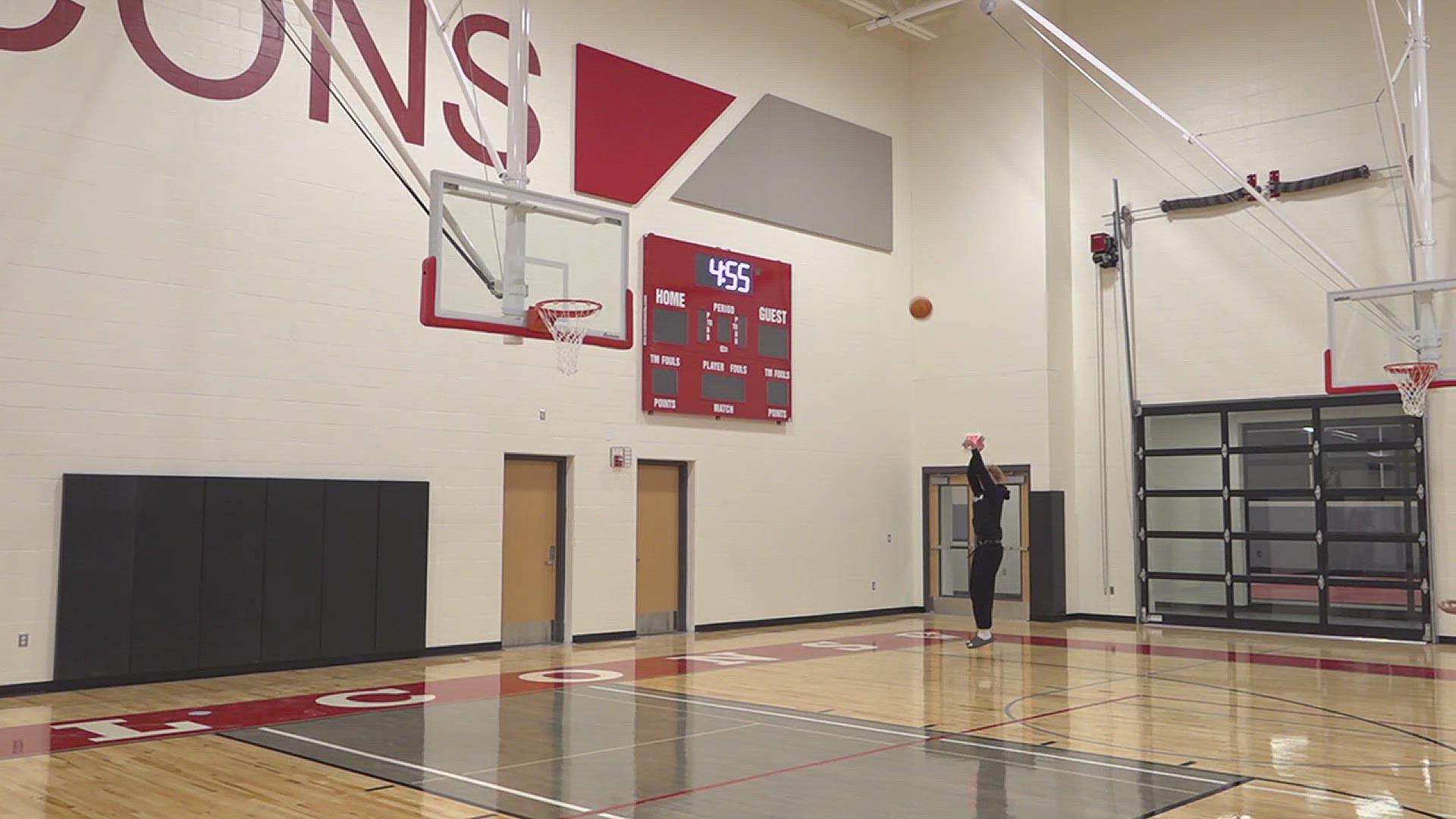EAST MOLINE, Illinois – It's a room that lets 17 year old Joseph Phillis regroup and calm down.

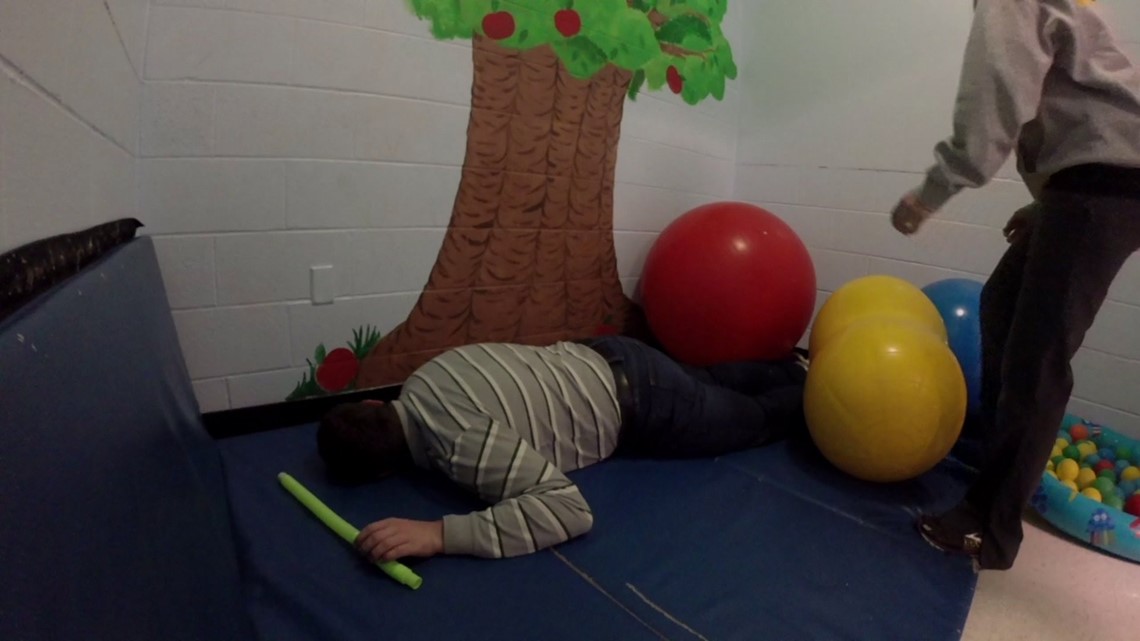
East Moline's Black Hawk Special Education Center has small "sensory" rooms available to students.
And for Joseph, who has autism, it's proving to help him get through the day.
"It's just a place where he knows right off the bat that he's safe," explained his mother Vicki.
"He knows right off the bat that he's safe."
They go by many names: sensory rooms, seclusion rooms, time-out rooms.
"They are not punitive in any way, shape, or form," said Black Hawk Center principal Kristi Loy. "They are there to help the students manage their own behavior."
Iowa's use of seclusion rooms is being tested.
A Coralville attorney has filed a complaint with Iowa's Education Department over the use of this seclusion room at an Iowa City school.
An Iowa City School District Task Force found that 18 students accounted for 75% of incidents involving seclusion rooms.

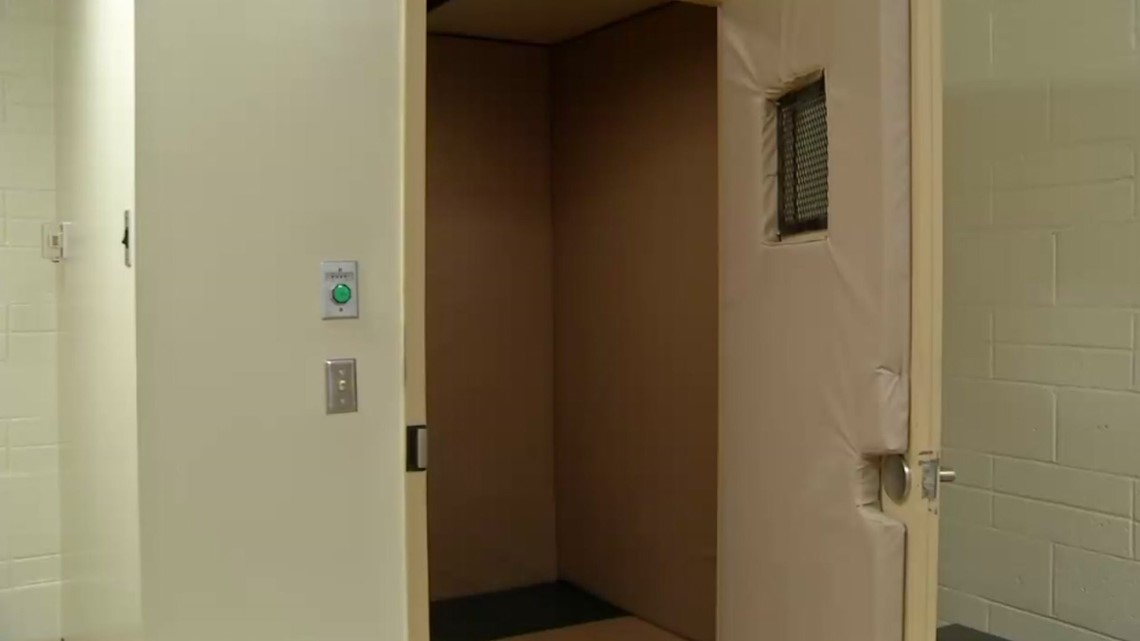
On Tuesday, November 7, the District sent a notification to parents that it would no longer use its seclusion rooms. It plans to have them all removed by the start of the 2018-2019 school year.
But other Iowa districts are using them.
"It's just the degree that the child presents that really dictates what the steps are," says Bettendorf School District Director of Student Services Kay Ingham.
Bettendorf Schools have what are called "time away rooms". The District says it has protocols that must be followed before a student is sent into the rooms. And the students are never left unattended.
"Parents are notified if the kids are ever placed in the 'time away rooms' and they're called in," said Ingham.
But Ingham says that's a last resort.
The first move is intervention.
"When you're all stirred up, you're not able to think or have any kind of reflective communication about what's happening," she said.
And that starts with staff.

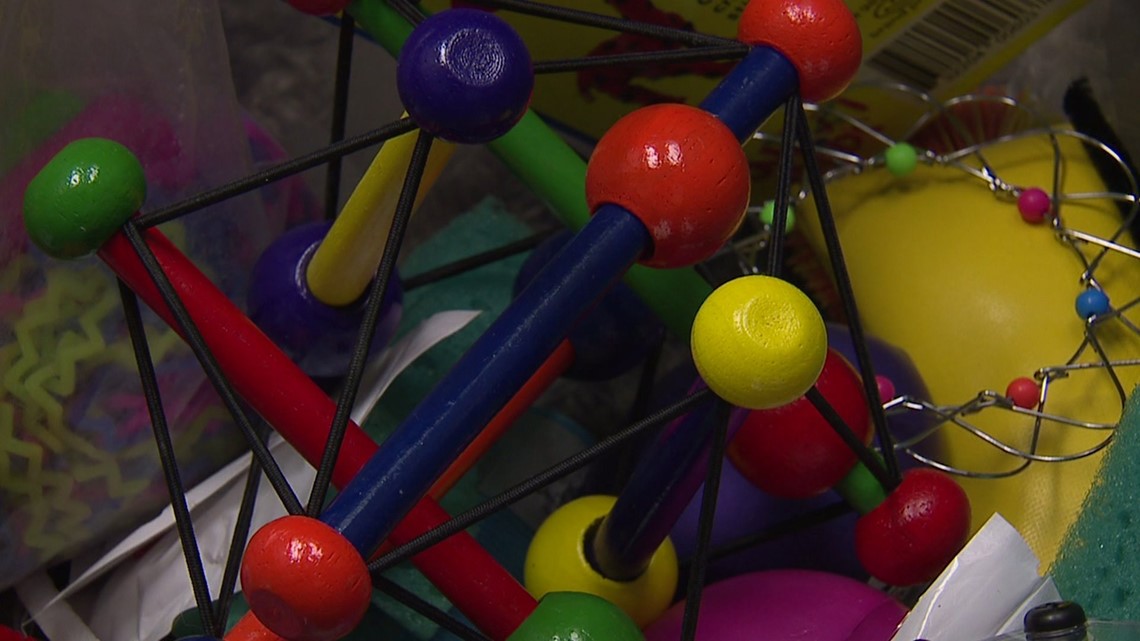
Rachel Cuppy was promoted this year to help coordinate that intervention. She's the District's first "Instruction Behavior Coach", tasked with helping teachers deescalate situations before they get out of hand.
"You can't punish kids into behaving well, but you can teach them to behave well," said Cuppy.
Bettendorf has what's called "Challenging Behavior Teams". They may take a student out of the classroom, talking with them in a room or hallway, or even walking with them outdoors to solve the problem before returning to the classroom.
"We don't give up on kids," said Ingham.
"We don't give up on kids."
But more and more districts are finding small, quiet rooms are effective for their students, especially those with Special Needs.
"With autism, the weighted blankets they can put on the laps to sit," demonstrated Riverside Middle School principal Jim Jennings.


There is a pastel-colored room created at Port Byron's Riverside Middle School set aside for troubled students. It was funded through a grant from the Autism Society of the Quad Cities.
It's been used not only by special needs children, but also as a place to calm children facing a sensory overload: whether that's a kid afraid of thunderstorms, or a student who becomes disruptive.
"We still have our discipline issues, but at the same time this is more of a relaxing place," noted principal Jennings.
On the other side of the spectrum, the Black Hawk Center is a one-of-its-kind school in Illinois, almost exclusively teaching children with special needs.
"You are looking at the one percent of the most difficult students in public education," explained principal Loy.

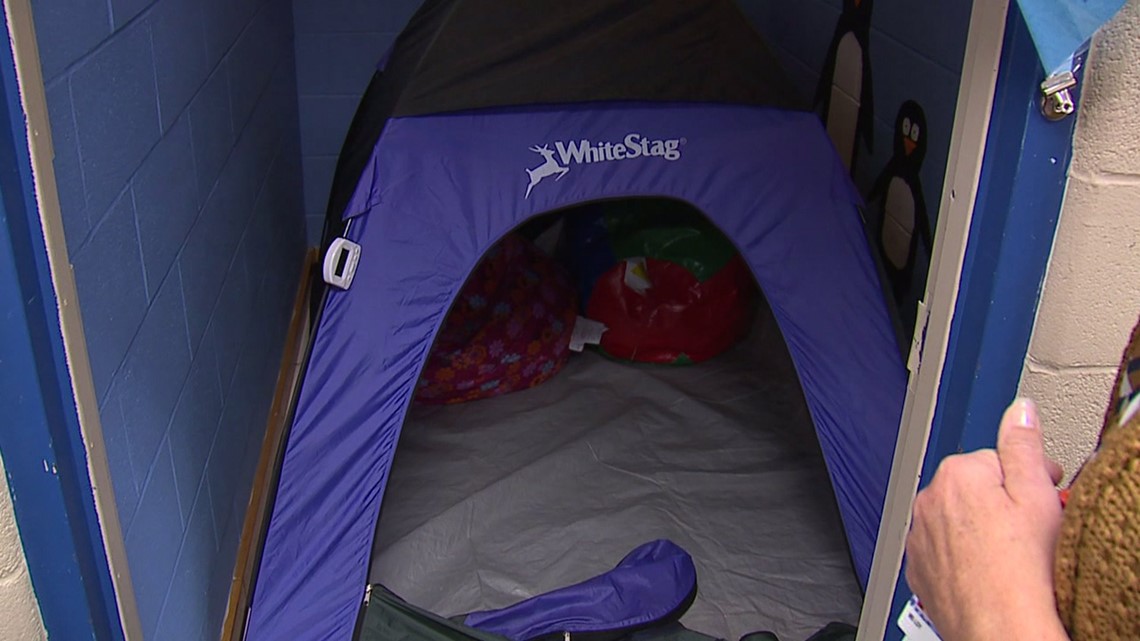
This school has several small rooms used to help students calm down among bean bag chairs or cool off in a tent located in an igloo-themed room.
"They don't have doors on them, they're within the classroom, the students have the opportunity to use those rooms as they see fit," said Loy.
The school also has two sensory rooms, like the one Joseph has been using since first coming to Black Hawk ten years ago.
His mom says the therapy provided by staff has helped reduce his stress and his violent outbursts.

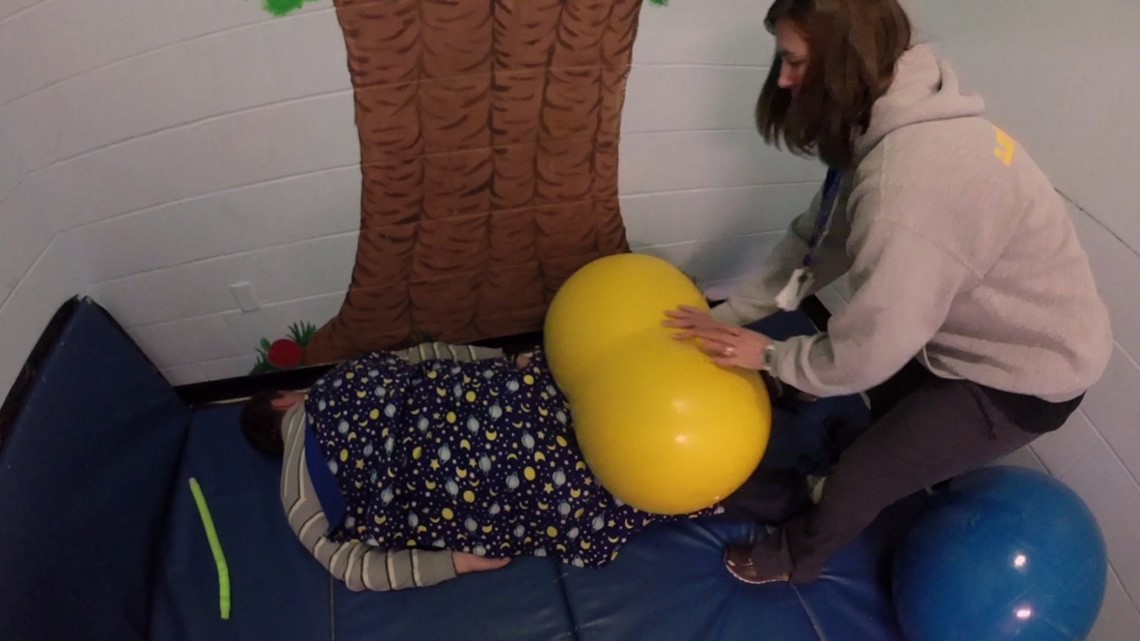
"He's at the point where he can feel himself getting out of control," said his mother Vicki.
And when that happens, Vicki says she's happy her son and other students have a place to go.
"They know that it's a safe place, they know that there's nobody around them.
The Iowa Department of Education has until November 27 to respond to the complaint filed against Iowa City's use of seclusion rooms. The attorneys want the rooms used only in emergency situations when children may hurt themselves or others.


